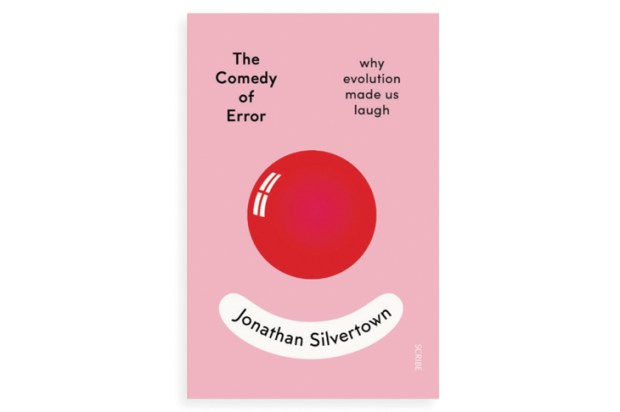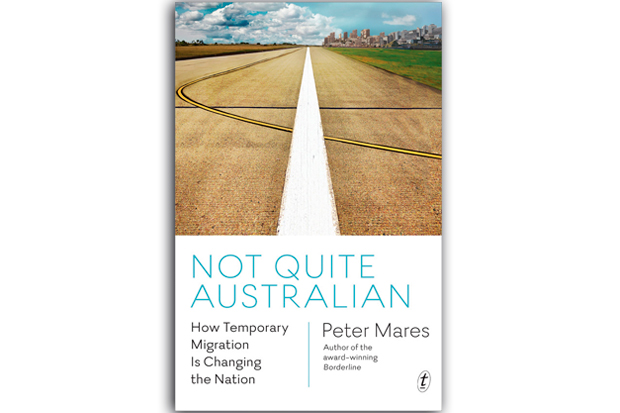Depending on how you look at it, the Chinese Communist Party is either the last non-ridiculous bastion of Marxism, an increasingly peculiar anachronism, or a remarkable example of Darwinian adaptability. Or maybe, says Rowan Callick, a long-time observer of the country from his position as the Asia-Pacific editor of the Australian, a combination of all three.
He readily admits to the difficulty of his project. Large chunks of the party are hidden from view, not just from westerners but from most Chinese as well. But he took the time to speak to a wide range of people, from low-level functionaries to high-profile dissidents, and his level of analysis lends the book an air of authority.
One thing about the CCP is clear: it’s everywhere. Officially or unofficially, it has a presence in virtually every workplace and village, and every permit and application requires the involvement of someone with a party card.
The CCP probably has about 83 million members, which might sound like a lot, but is actually a pretty small proportion of the population. In fact, the party is not a mass organisation but an elite one. You do not apply to join the party, they ask you. The number of members who are young is surprising, although most have joined the party because they see it as an essential step towards success in business, education or a career. And so it is. Membership is a ticket for the escalator going up.
At the lower levels, not much actually seems to happen in party meetings. The people interviewed by Callick say that most of it is about the edicts and information that come down from above, mixed with a good dose of self-congratulation. But with diligence and sufficient patience, you can ascend through the ranks. Maybe you can even get to the National People’s Congress, which meets for a fortnight every five years. There, you can listen to more edicts and information, and engage in more self-congratulation.
But that’s as far as most ordinary people can get. The positions of real power are held by people who got there by… well, no one really knows. They are, apparently, elected, but how and by whom is unknown. Inquiries are met with answers that are long, complex and utterly meaningless. But it appears that most of the heavyweights come from families who trace their lineage back to the glory days of the 1949 revolution — maybe 200 of them. It’s a born-to-rule thing, with the administrative committee being the vehicle of choice.
Crucially, there is no distinction between the state and the party. The monopoly position of the CCP is constitutionally entrenched, and the military, the education system and the courts answer to it, although the specific processes are hazy. Even the means by which the party is financed is obscure. The answer to any question about it is: don’t ask.
Perhaps the most remarkable aspect of all this is the extent to which the party leaders are detached from mainstream society. They are not particularly well-paid but they do not need to be, as they have their own free accommodation, transport facilities, entertainment, education, even their own telephone service. Top-quality food is provided by a network of farms that was established in Mao’s day. When it rains, there are underlings to hold umbrellas for them. Nothing, it seems, is too good for the princelings.
However imperial this might seem, Callick makes the point that there is no all-powerful dictator at the centre. The emphasis is on building consensus and intra-party coalitions. Even though the elite are insulated and self-perpetuating, there is a sense that they are trying to do what is best for China.
In many ways, the system has worked: China’s economic growth has propelled hundreds of millions into middle-class status, and many beyond that. There is, of course, an astonishing contradiction between the socialist rhetoric of the party and the free-market policies that have underpinned the new prosperity, but no one seems to worry about it much. The Chinese, Callick says, have a very long history of accepting leadership systems that promise stability, harmony and the chance to get rich.
Callick speaks to a number of dissidents but does not believe they constitute much of a threat to the CCP’s dominance. There are, however, some cracks starting to appear. The opening-up of commercial space has led to some calls likewise to open some patches of civic space. The internet has given ordinary people a means to express their concerns over the corruption and incompetence of local officials — and even make fun of them, on occasion.
Callick spends some time analysing the public response to the 2008 Chengdu earthquake, when 100,000 people spontaneously pitched in to help as volunteers. This was very unusual for China, and the unspoken message might have been that the CCP was no longer seen as the best and only institution for social organisation.
Maybe. Callick does not suggest that the rule of the CCP is about to end, only that it might have to loosen the reins and re-think its control ethic. But he does not try to make any firm conclusions. That is, perhaps, suitable. It’s China, after all.
Got something to add? Join the discussion and comment below.
Get 10 issues for just $10
Subscribe to The Spectator Australia today for the next 10 magazine issues, plus full online access, for just $10.













Comments
Don't miss out
Join the conversation with other Spectator Australia readers. Subscribe to leave a comment.
SUBSCRIBEAlready a subscriber? Log in